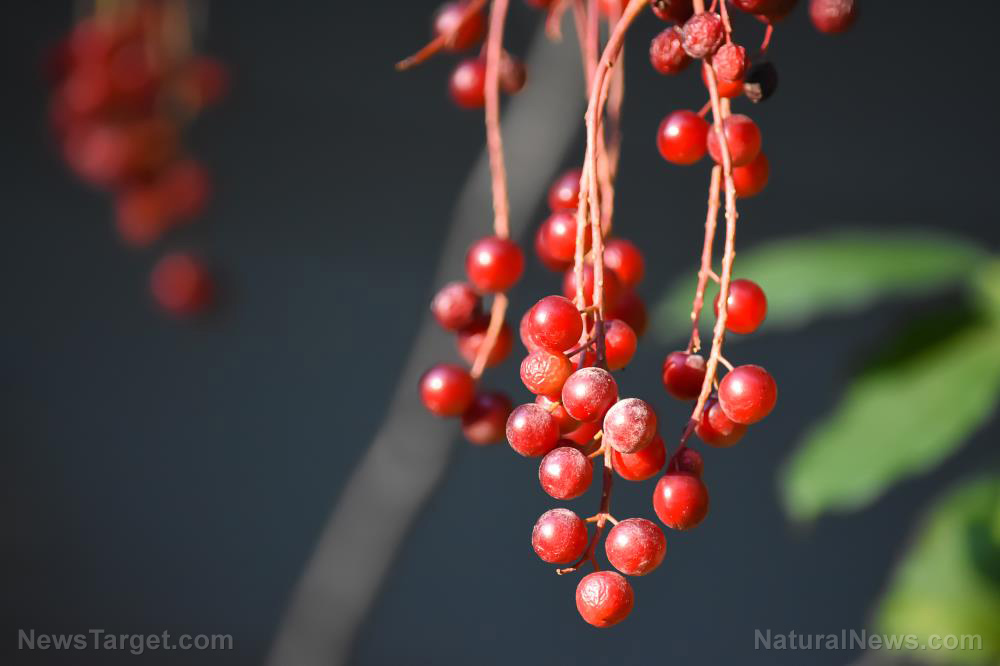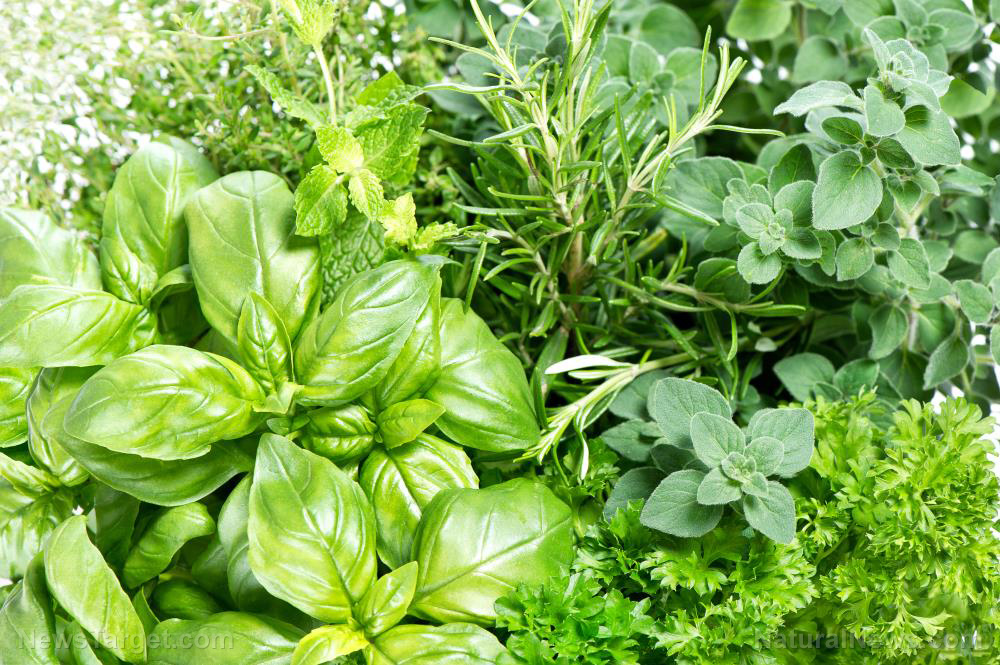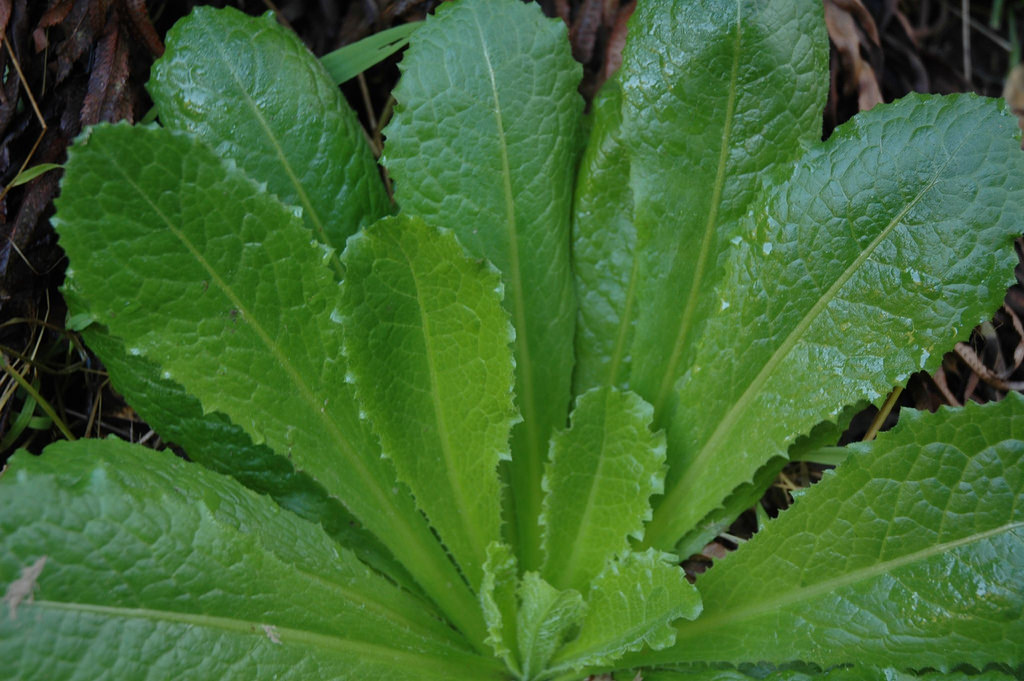Study: Onion varieties with the strongest flavor offer impressive anticancer benefits
06/16/2022 / By Rose Lidell

Onions are a culinary favorite because they give various savory dishes a delicious flavor boost. If you love onions, here’s more good news for you.
Research has already proven that onions are potent cancer-fighting foods. But certain onions have more anticancer health benefits than others and can even prevent the spread of colon and liver cancers. This is according to a study conducted by researchers from Cornell University.
For the study, researchers analyzed 10 varieties of onion and shallots. They found that the Western Yellow, pungent yellow, Northern Red and shallot varieties of onions have the highest levels of cancer-fighting compounds.
They also reported that pungent yellow and Western Yellow onions were the most effective against colon cancer. Meanwhile, shallots, Western Yellow and pungent varieties helped fight colon cancer. (Related: Pungent, bitter onion varieties found to beat cancer.)
Which onion varieties were more effective against colon cancer?
All onions have cancer-fighting effects, but the varieties studied by the researchers were found to have very potent antioxidant properties and antiproliferation effects on cancer cells.
Additionally, the onions have a high flavonoid and phenolic content. These phytochemicals are linked to higher amounts of antioxidants in onions that provide even more protection against cancer. According to the data, these potent chemicals help “mop up” free radicals that would otherwise harm cells.
Flavonoid consumption in cancer-fighting foods is often associated with a lower risk of heart disease, diabetes and many cancer types. Additionally, flavonoids also have anti-bacterial, anti-inflammatory, anti-allergenic and antiviral qualities.
Out of the 10 onion types tested for their ability to fight and prevent cancer, the Cornell study revealed that Vidalia and Western White onions had the least amount of phenolic and flavonoid content, respectively.
Meanwhile, shallots have six times the phenolic content of Vidalia onions and Western Yellow onions have 11 times more flavonoids than their white counterparts.
With this knowledge in mind, it’s best to incorporate more flavonoid-rich onions into a balanced diet to protect yourself against cancer.
Protect yourself against cancer by consuming onions
In the last few years or so, milder, sweeter onions have become more popular in the American diet. However, it’s much better to use the more pungent and bitter onion varieties because, as the study has proven, they have the most health benefits.
These pungent onions also have a higher content of cancer-fighting flavonoid compounds. According to researchers and health experts, at least one-third of all cases of cancer could be prevented by following a healthier diet.
Various studies have also confirmed that beneficial antioxidants and phytochemicals have an important role in the effectiveness of many vegetables and fruits. These compounds are key to protecting you against many cancer types and other health issues like cardiovascular disease.
If you like onions, you now have more reasons to add them to your favorite recipes.
Use Western Yellow, pungent yellow, Northern Red and shallots to naturally bring more antioxidant and phytochemical punch to your diet while also giving savory dishes a delectable flavor boost.
Visit Superfoods.news to read more articles about onions and other cancer-fighting superfoods.
Watch the video below to know more about the health benefits of onions and and how to dehydrate them.
This video is from the Exclusively Holistic channel on Brighteon.com.
More related stories:
ONIONS are just as effective as chemotherapy at beating cancer.
Here’s why eating garlic and onions can prevent hypertension and diabetes.
Survival food staple: 12 household and medicinal uses for the onion.
Onion extract exhibits therapeutic effects against cadmium toxicity.
Sources include:
Submit a correction >>
Tagged Under:
alternative medicine, anticancer, food cures, food is medicine, food science, functional food, herbal medicine, Herbs, natural cures, natural medicine, onions, phytonutrients, research
This article may contain statements that reflect the opinion of the author
RECENT NEWS & ARTICLES
Herbs.News is a fact-based public education website published by Herbs News Features, LLC.
All content copyright © 2018 by Herbs News Features, LLC.
Contact Us with Tips or Corrections
All trademarks, registered trademarks and servicemarks mentioned on this site are the property of their respective owners.





















